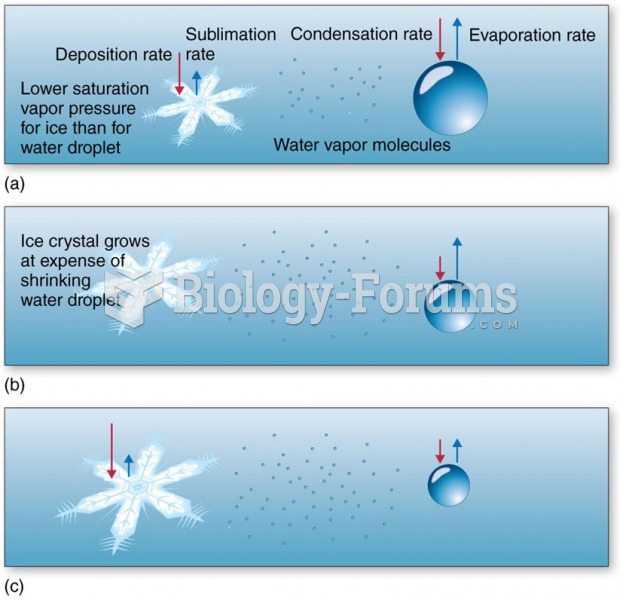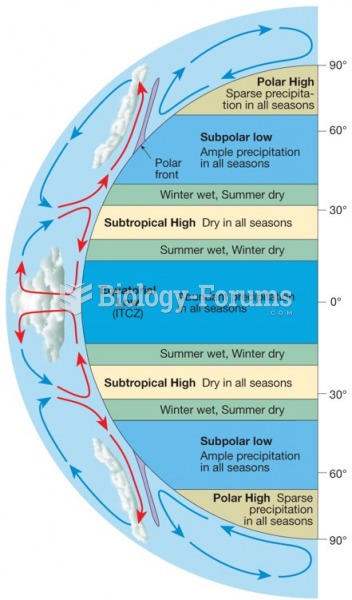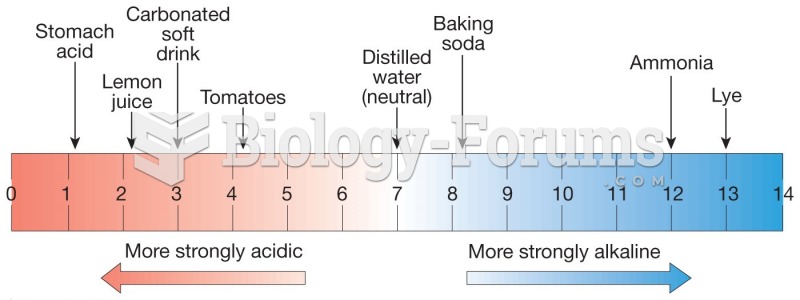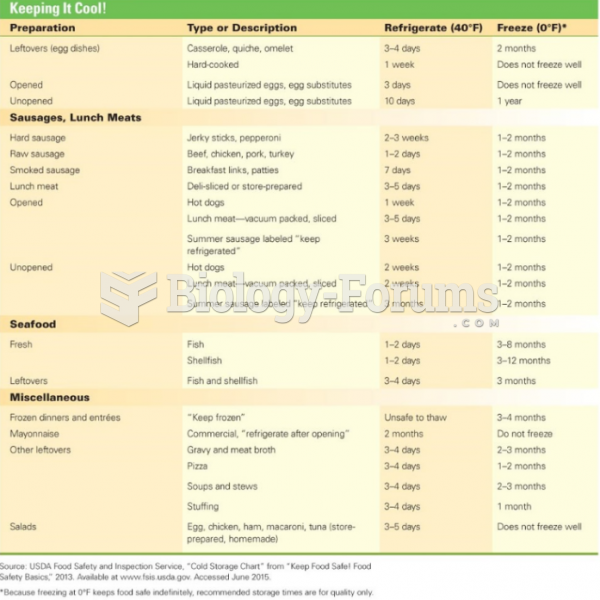|
|
|
In Eastern Europe and Russia, interferon is administered intranasally in varied doses for the common cold and influenza. It is claimed that this treatment can lower the risk of infection by as much as 60–70%.
Increased intake of vitamin D has been shown to reduce fractures up to 25% in older people.
This year, an estimated 1.4 million Americans will have a new or recurrent heart attack.
Though methadone is often used to treat dependency on other opioids, the drug itself can be abused. Crushing or snorting methadone can achieve the opiate "rush" desired by addicts. Improper use such as these can lead to a dangerous dependency on methadone. This drug now accounts for nearly one-third of opioid-related deaths.
On average, someone in the United States has a stroke about every 40 seconds. This is about 795,000 people per year.







